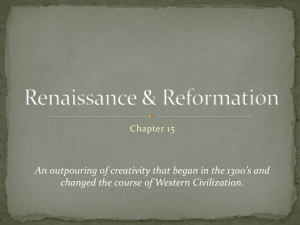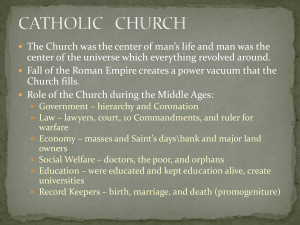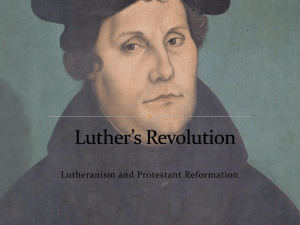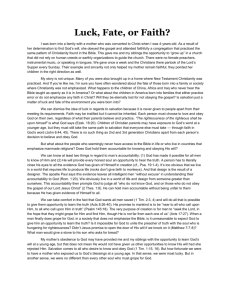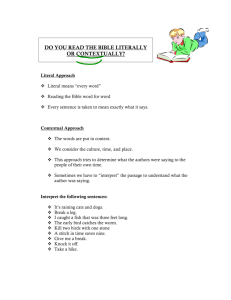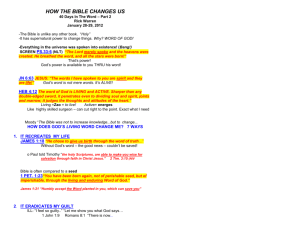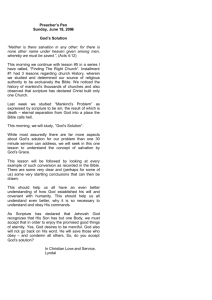Chapter 12 Vocabulary - Wyoming-World
advertisement
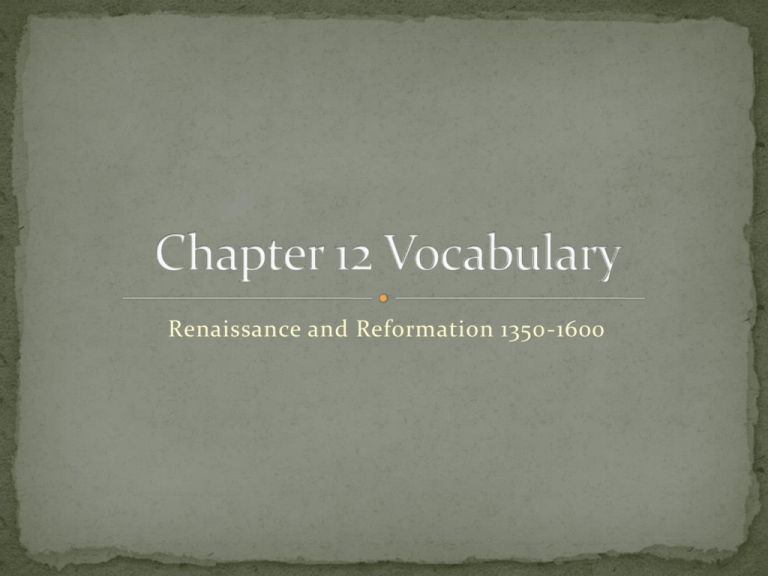
Renaissance and Reformation 1350-1600 period that began in Italy in 1350 and spread to the rest of Europe; emphasized secularism, awareness of ties to the ancient Greek and Roman worlds, and the ability of the individual a system in which cities are the center of political, economic, and social life Worldly viewpoint which emerged as increasing wealth created new enjoyment of material things. a gift of money or property paid at the time of marriage, either by the bride's parents to her husband or, in Islamic societies, by a husband to his wife an intellectual movement of the Renaissance based on the study of the humanities, which included grammar, rhetoric, poetry, moral philosophy, and history the father of Italian Renaissance humanism the language of everyday speech in a particular region a movement that developed in northern Europe during the Renaissance combining classical learning (humanism) with the goal of reforming the Catholic Church the state of being saved (that is, going to heaven) through faith alone or through faith and good works a release from all or part of punishment for sin by the Catholic Church, reducing time in purgatory after death written by Martin Luther; list of abuses by the Catholic Church formal statement by the legislative assembly (imperial diet) meeting in the city of Worms; made Martin Luther an outlaw in the Holy Roman Empire and his works were to be burned the religious doctrine that Martin Luther developed; it differed from Catholicism in the doctrine of salvation, which Luther believed could be achieved by faith alone, not by good works; Lutheranism was the first Protestant faith an end to religious warfare in Germany, signed in 1555 the belief that God has determined in advance who will be saved (the elect) and who will be damned (the reprobate) declare invalid Pope, bishop, priest Salvation requires faith and good works The Bible and church tradition are sources of truth Priests interpret the bible Ministers lead the congregation Salvation requires faith alone The Bible is the only source of truth Believers interpret the bible themselves Calvin believed in the doctrine of justification by faith alone to explain how humans achieved salvation. He also emphasized the all-powerful nature of god, which led him to the idea of predestination. The Bible is the only source of truth and believers interpret it themselves Monarch, bishops, priests Salvation requires faith alone The Bible is the only source of truth Believers interpret the bible themselves
